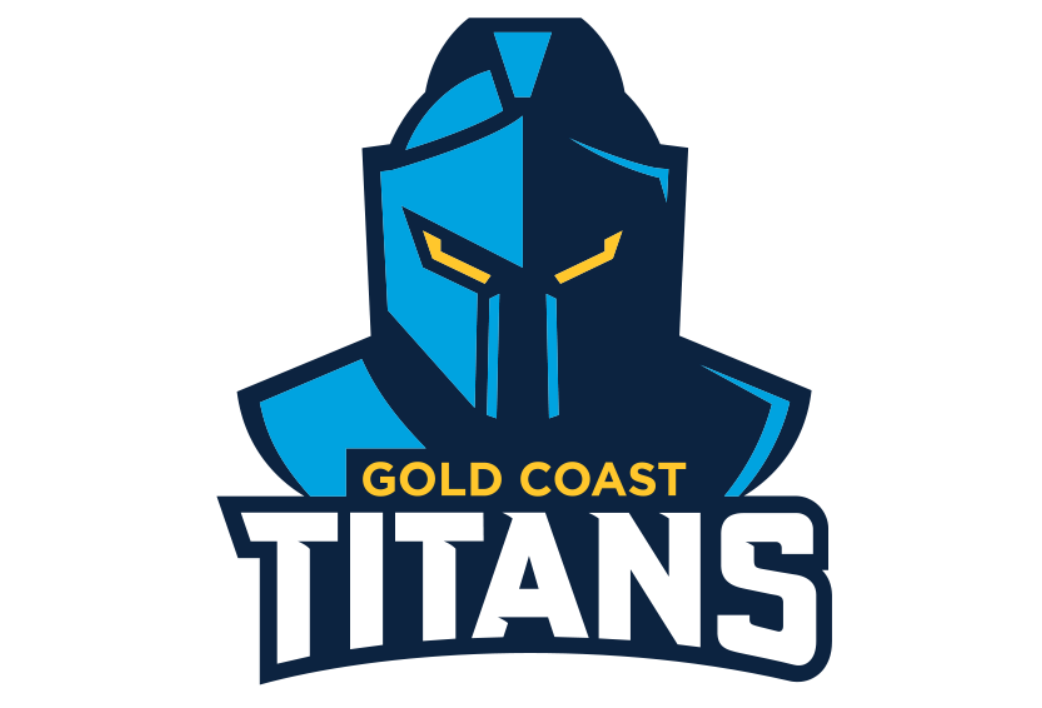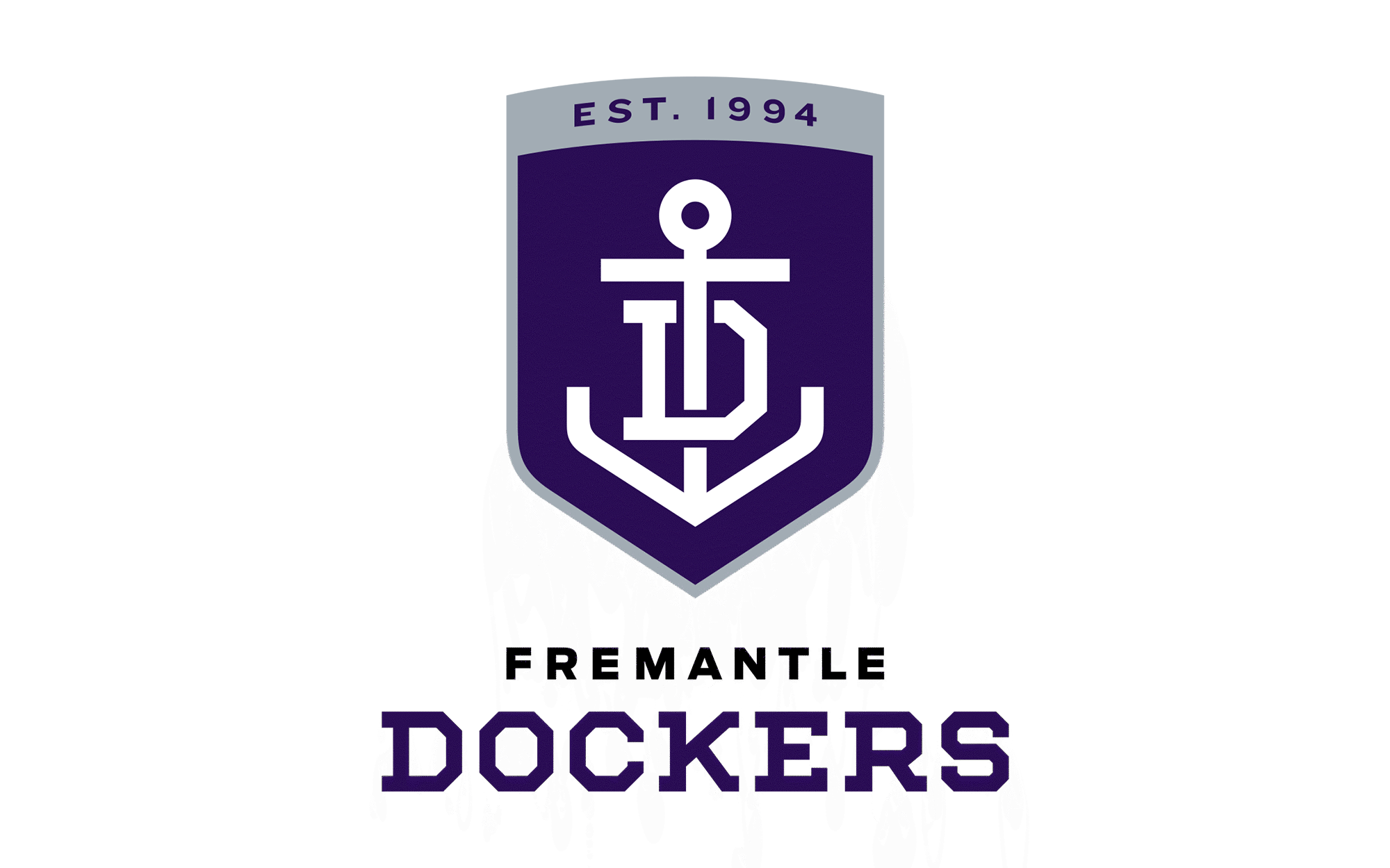How EA Sports’ FIFA put players at the core of its marketing.
For years now, for many millions of fans, the release of EA Sports’ latest FIFA video game has been an annual landmark in the footballing calendar.
FIFA 22 hits digital and physical stores on 1st October; last year’s arrival on Playstation 5 and Xbox Series X marked the series’ appearance on a sixth generation of gaming hardware. For at least one generation of players, meanwhile, the progressively comprehensive recreation of the sport has been an introduction to competitions, grounds, clubs and footballers they might never otherwise have encountered, offering a hands-on schooling in ever-more sophisticated tactical systems and styles of play.
The Dominant Football game experience
That has only deepened over the past decade, with Fifa separating itself from its competitors – most notably Konami’s Pro Evolution Soccer series, a much-loved rival that has switched to a free-to-play model this year – in sales and the volume of online matches. EA Sports has grown closer and closer to its ambition of running the recognised virtual version of the world’s favourite sport, whether as a space for casual gamers and football supporters to congregate or as the ultimate test of the esports elite. That has had a transformative effect for brands in the digital space.
In recent seasons, for example, Adidas has issued digital-only versions of football boots and even official jerseys for partner clubs within the game. These were first targeted at what is now called the ‘direct-to-avatar’ market, where players buy digital items solely for use within the game environment. Some of them, however, where then released by Adidas on limited runs as real-world products.
A new wave of marketing
Brands have found other ways to make an impact within the FIFA videogame world. EA Sports introduced its story mode, The Journey, for FIFA 17, and built it around the fictional player Alex Hunter – who was subsequently ‘signed’ to endorsement deals with Adidas and Coca-Cola. Other campaigns have been able to multiply value between the game and conventional sponsorship.
The most successful of these activations came in the summer of 2019, when global fast food chain Burger King became the shirt sponsor of fourth-tier English side Stevenage FC. That was the precursor to the ‘Stevenage Challenge’, which incentivised FIFA players to use Stevenage within the game by rewarding them with offers at Burger King restaurants when they completed specific objectives and shared the results on social media.
The two-year campaign was a hugely effective spin on crossovers between sport and gaming culture. Stevenage became the most popular choice for online gamers and sales of their replica playing shirt leapt over 300 per cent, while the challenge created 1.6 billion campaign impressions and $2.5 million of earned media for Burger King.
More organisations are thinking creatively about how they can reach players, to sometimes powerful effect. In May 2021, Kiyan Prince was added to the in-game squad of English Championship club Queens Park Rangers. Prince had been a highly regarded academy player for QPR when he was stabbed to death while breaking up a fight outside his school in 2006. He was just 15.
The use of his likeness as a digitally imagined 30-year-old was intended to drive awareness of the Kiyan Prince Foundation, which was created in his memory to educate young people about the consequences of knife crime. Playing as Prince launched information about the foundation’s work, while his image also appeared on Topps trading cards and on billboards across London.
The Ultimate Game Mode
No feature has been more significant in the evolution of the FIFA series, though, than the FIFA Ultimate Team (FUT) mode. This engages gamers between each release by allowing them to build their own teams of elite current and former players, both through in-game purchases and achievements.
The mode has become controversial due to its employment of microtransactions and ‘loot-box’ style ‘packs’ of new signings, which gamers buy without knowing which footballers are inside. Critics have described this as a form of unlicensed gambling. But it is undoubtedly popular and has completely remodelled the way EA Sports monetises its titles since they moved from unit sales to live services as a primary driver of revenue. In the 2021 financial year, the publisher made $1.62 billion from Ultimate Team modes across its sports titles, principally FIFA and Madden NFL. That represented 29 per cent of the company’s $5.62 billion in overall income.
The wider consequence of the FUT system is that the athletes themselves are moved closer to the centre of the FIFA universe. The success of online players, streamers and esports professionals is built on the profiles of those stars, and the interest follows accordingly.
That feeds into the wider trend in digital media of fans attaching themselves to athletes over teams, something which EA Sports has also sought to leverage in other ways. In-game ratings are trailed as part of the pre-release marketing, stimulating debate among gamers and the players themselves – many of whom are also part of the Fifa community.
EA Sports sends players cards of their ratings for use in social media shots, and issues awards to those whose stats improve most in the live updates through each season. Leavened with some friendly rivalry between the professionals about their respective ratings, that promotion creates the feeling that they and their fans are part of the same conversation.
In one way or another, players are at the heart of it.
Subscribe to our newsletter to receive the latest news and exclusive offers. No Spam!
Thankyou.
We’ll be in touch shortly.



